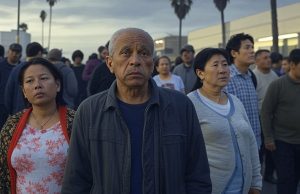On a sun-drenched Sunday morning, my usual cheerful mood darkens as I approach my favorite Paris Baguette in Koreatown. The familiar path to my morning coffee and pastries is blocked by a group of people huddled on the steps, injecting fentanyl in broad daylight. Several large dogs accompany them, their eyes reflecting a sadness that speaks of neglect – another casualty of their owners’ circumstances.
The building’s security guard eventually appears, dispersing the group. They simply relocate to the stone sculptures at Wilshire-Western Plaza, continuing their activities without missing a beat. While waiting for my coffee, I ask the familiar face behind the counter about the situation. She smiles wearily, “The homeless situation has improved a bit, but the drug users remain constant.” With a resigned shrug, she adds, “Even when we call the police, they don’t do anything.”
Running a business in Los Angeles has become something akin to serving a punishment. High taxes, rampant crime, drug use, homelessness, and rising wages create a perfect storm of challenges. Small business owners aren’t the only ones bearing this burden. The slight improvement at Wilshire-Western Plaza isn’t due to city initiative – rather, it’s because property owners were mandated to hire cleaning services and security personnel, adding yet another monthly expense to their already strained budgets.
When the LAPD chief was hired with a $500,000 annual salary, Angelenos had high hopes. Now, their collective response is a resigned “as expected.” One can’t help but wonder if such a generous compensation package came with implicit instructions to maintain the status quo rather than effect real change.
This is the reality of a Sunday morning in Koreatown – a microcosm of larger issues plaguing Los Angeles. The contrast between the warmth of the California sun and the cold reality of urban decay creates a dissonance that has become all too familiar to local residents and business owners. The sweet aroma of fresh pastries mingles with the bitter taste of civic disappointment, serving as a poignant reminder of the challenges facing one of America’s most diverse and dynamic neighborhoods.
As I leave with my coffee and bread, I reflect on how this scene repeats itself daily across the city. The question isn’t whether things will change, but whether those entrusted with making those changes have any real intention of doing so. For now, the burden continues to fall on the shoulders of business owners and residents, who must navigate this complex urban landscape with resilience and resignation in equal measure.














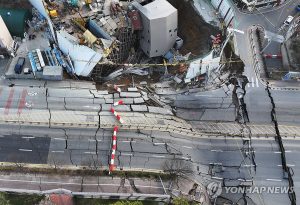



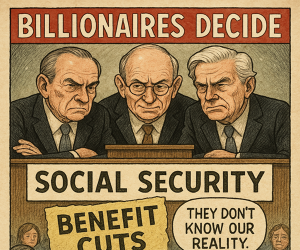



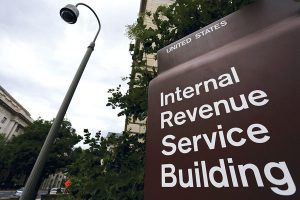



























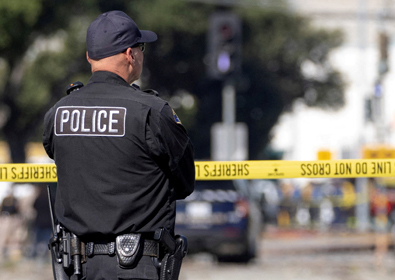




















 ‘날벼락’ 이민자 단속
‘날벼락’ 이민자 단속



